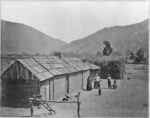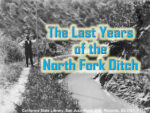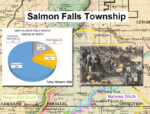There is no abortion tourism, a term Serevino uses to trivialize the critical health care decision by a woman. Some states have increased abortion procedures, not because women want to visit Disneyland, but because their home state has banned the procedure. It also appears that Serevino is advocating for the expansion of the surveillance state. He wants as much data on women and their health care decisions as possible. It is kind of creepy.











